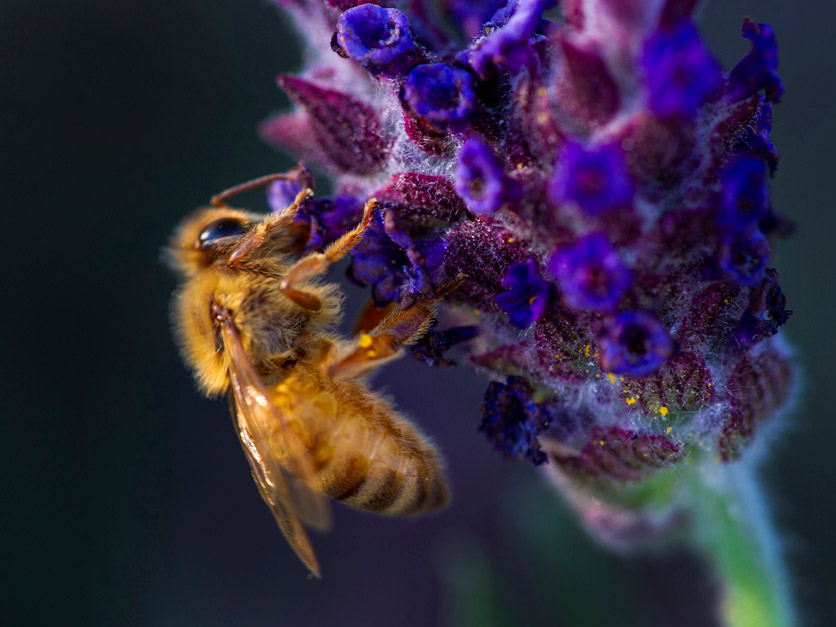The U.S. Department of Agriculture’s Agricultural Research Service reported winter honey bees have a higher resistance to imidacloprid, a common insecticide used in agriculture, than summer honey bees.
The study was published in Apidologie and conducted by ARS researchers at the Maryland Bee Research Laboratory. The analysis discovered winter honey bees preferred to consume imidacloprid-laced syrup whereas summer honey bees preferred sugar syrup. The winter bee’s consumption of the insecticide in sublethal doses did not impact their survival.
"Although imidacloprid toxicity to honey bees is an important concern for beekeepers, our results provide good news," ARS researchers Miguel Corona and Mohamed Alburaki said in a release. "Our research shows that winter honey bees have unrecognized physiological mechanisms to counteract the effects of insecticides."
Looking for the best, most comprehensive and balanced news source in agriculture? Our Agri-Pulse editors don't miss a beat! Sign up for a free month-long subscription.
Corona said diet is one of the main differences that could impact the tolerance between the two seasonal honey bee phenotypes. Although the news is promising, researchers pointed out winter bees can still be impacted by the insecticide in non-research settings.
For more news, go to www.Agri-Pulse.com.


